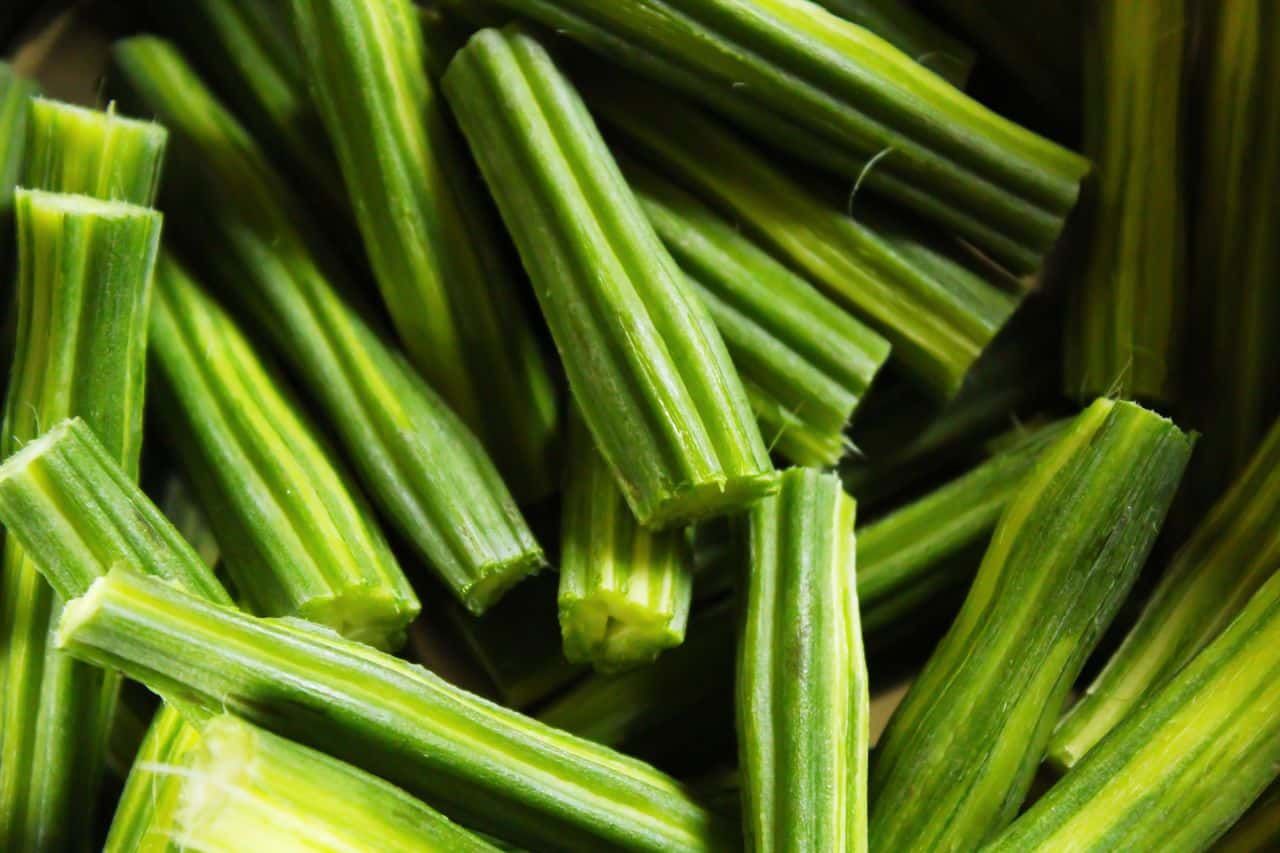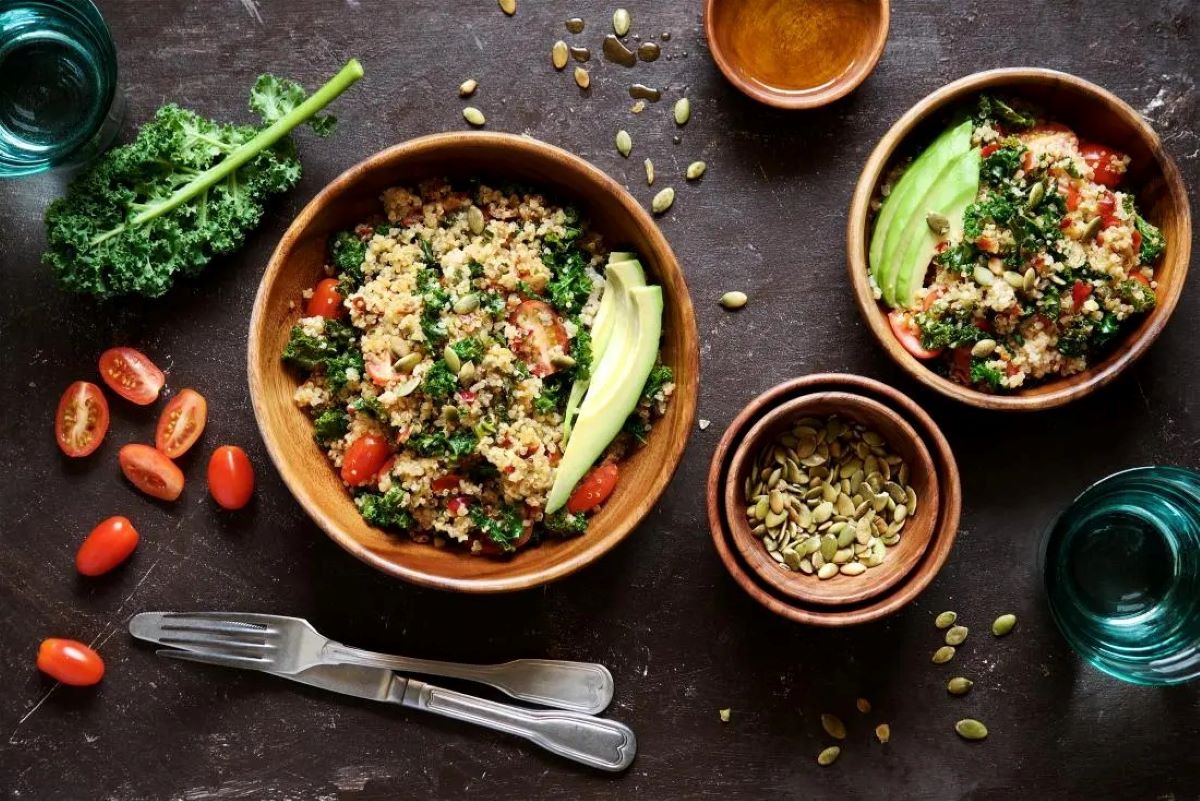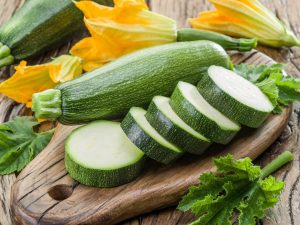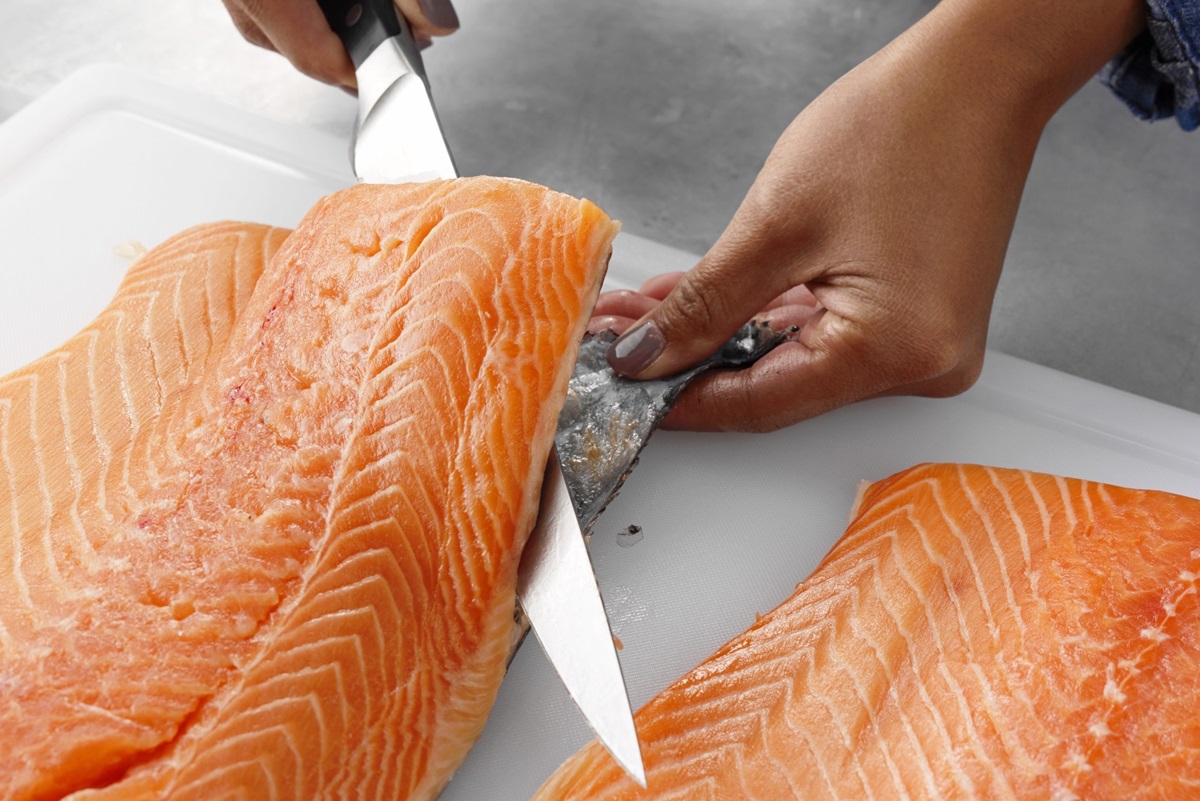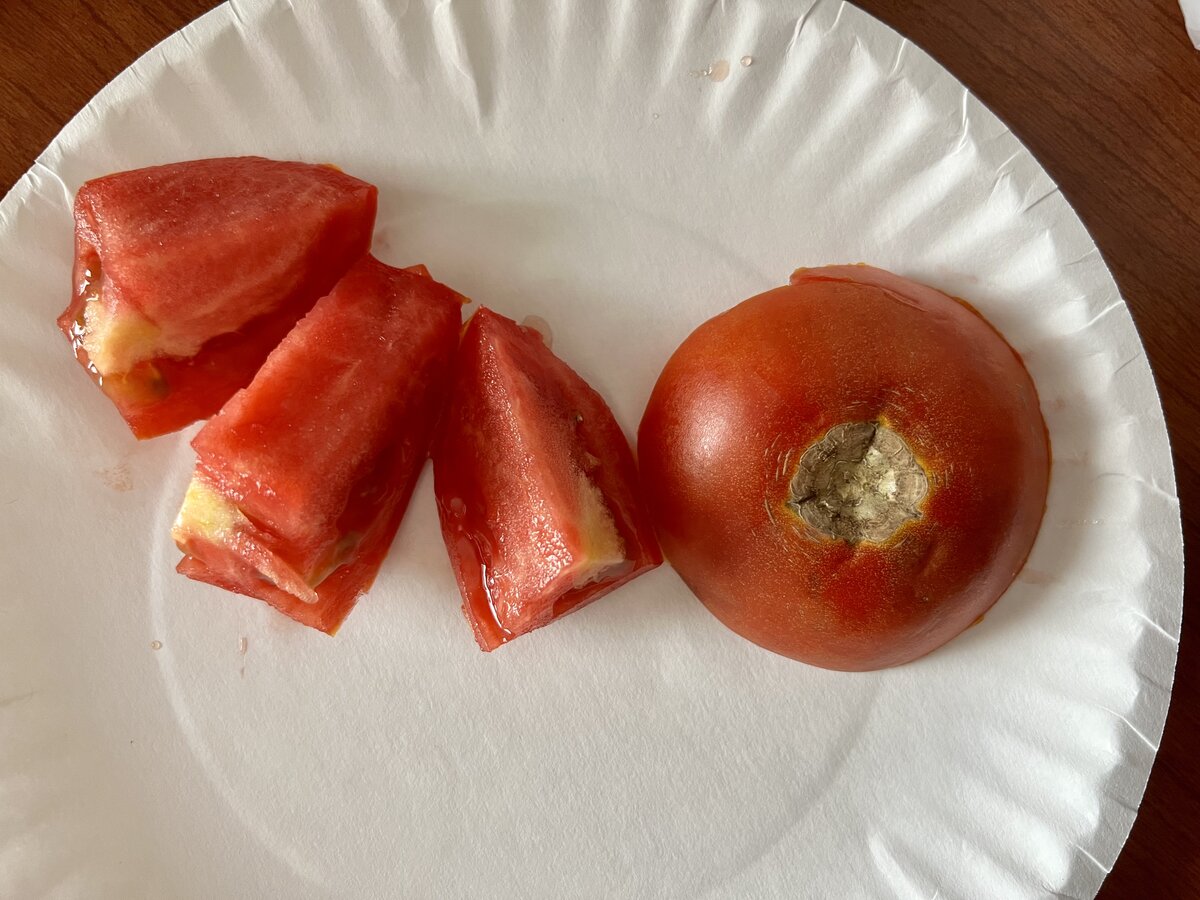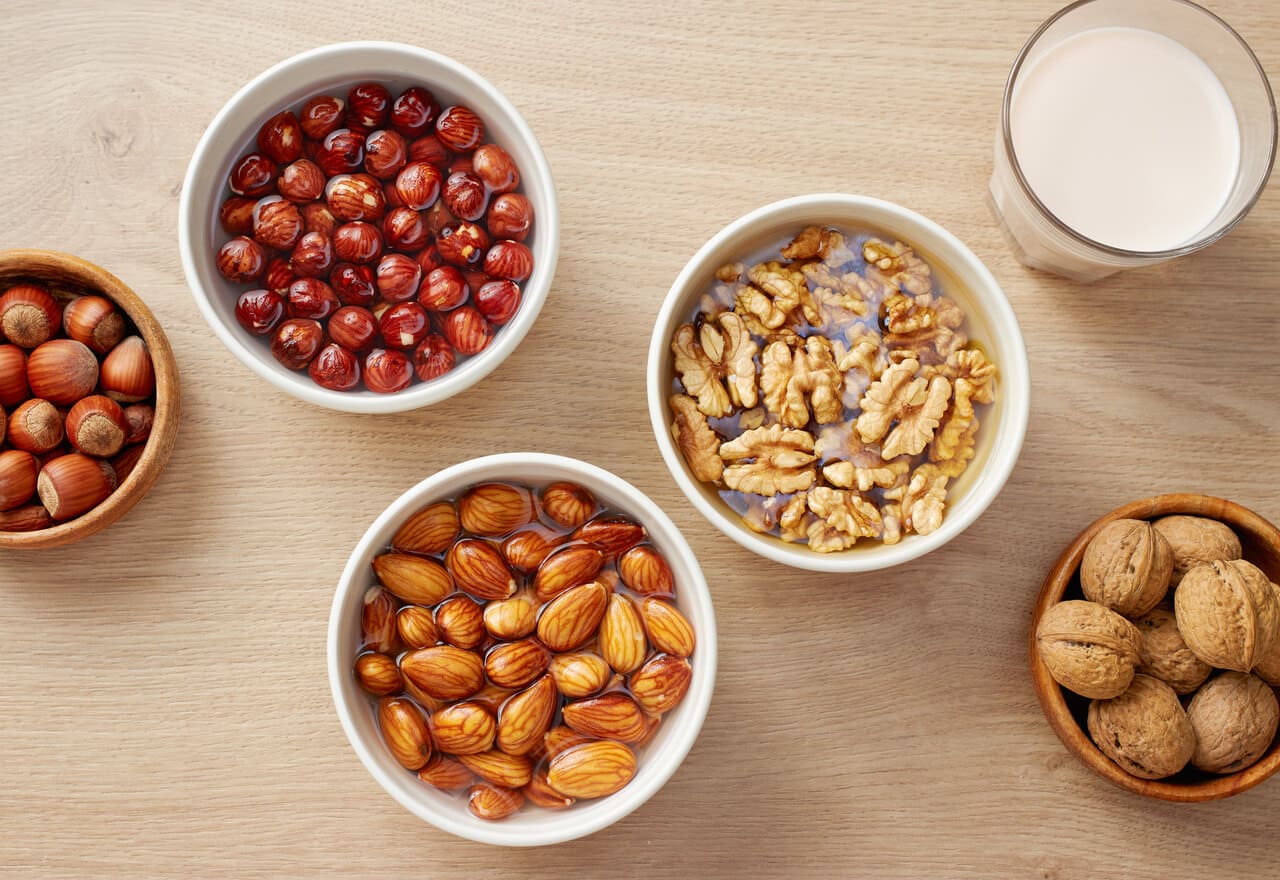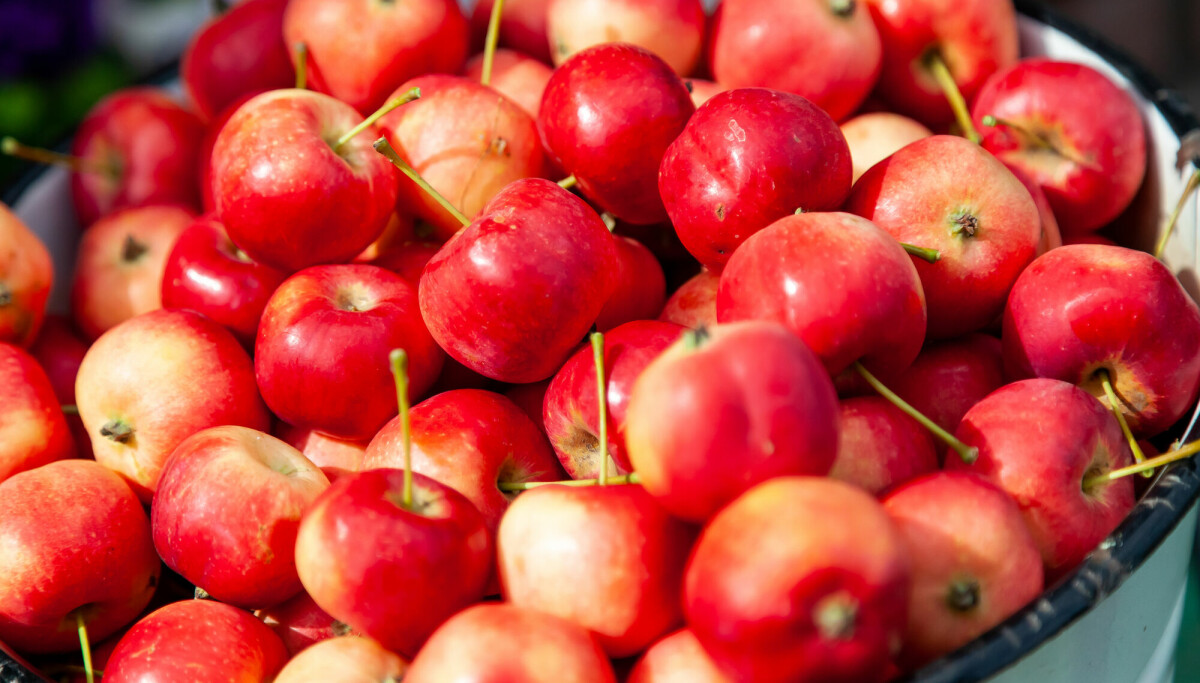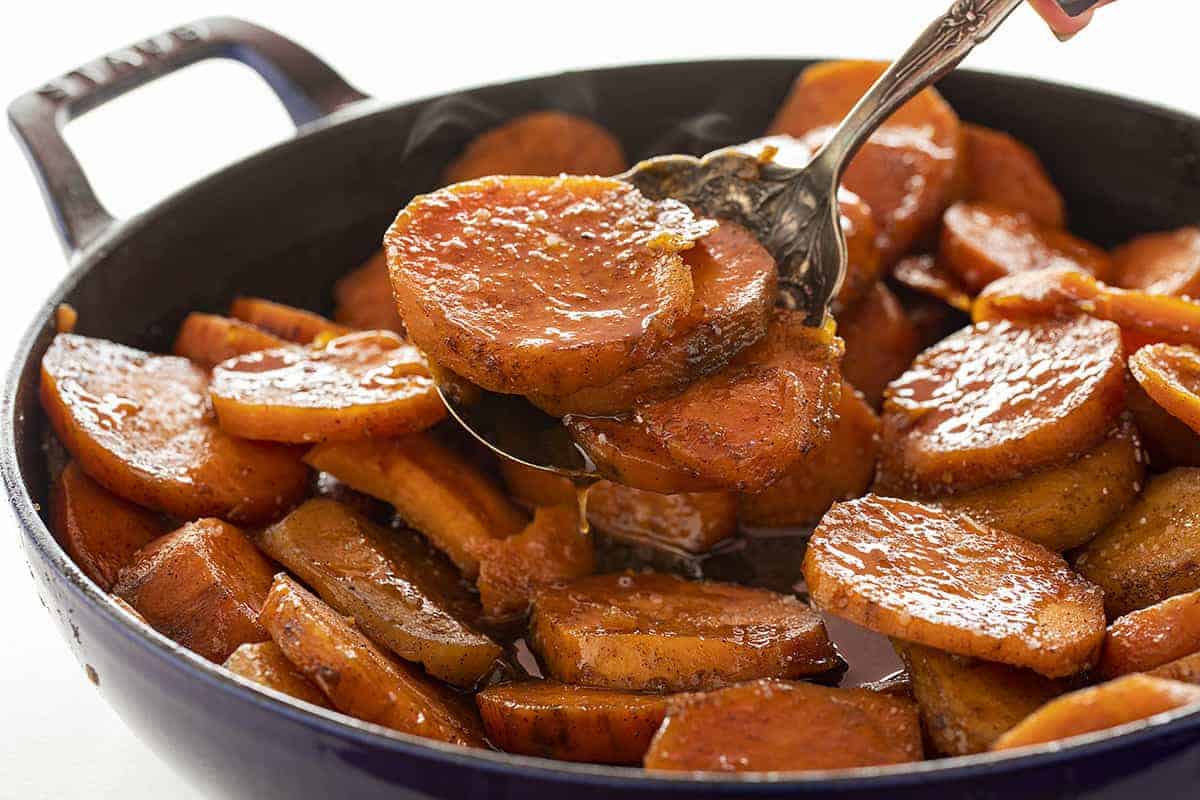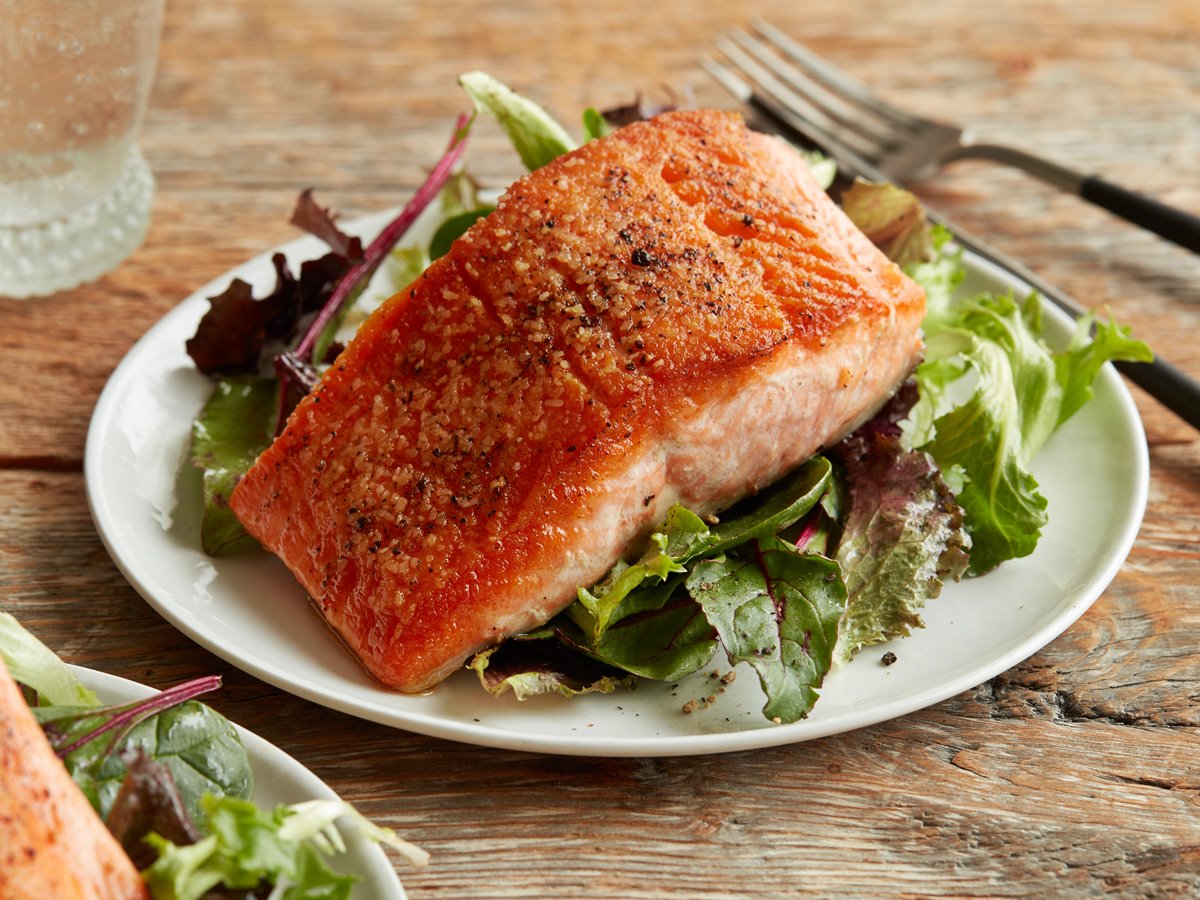How Your Diet Can Impact Your Skin
When it comes to achieving healthy, glowing skin, your diet plays a crucial role. The foods you eat can have a direct impact on the appearance and health of your skin. By making mindful choices and incorporating certain key nutrients into your diet, you can nourish your skin from the inside out.
Key Nutrients for Healthy Skin
1. Omega-3 Fatty Acids: These essential fats help maintain skin health by supporting the skin’s lipid barrier, which retains moisture and keeps irritants out. Include sources of omega-3s such as salmon, chia seeds, and walnuts in your diet.
2. Vitamins A and E: These vitamins act as antioxidants, protecting the skin from damage caused by free radicals. Carrots, sweet potatoes, almonds, and spinach are excellent sources of these vitamins.
3. Vitamin C: Known for its role in collagen production, vitamin C is essential for skin elasticity and firmness. Citrus fruits, bell peppers, and strawberries are rich in vitamin C.
4. Zinc: This mineral supports the skin’s natural renewal process and helps maintain a clear complexion. Incorporate zinc-rich foods like pumpkin seeds, lentils, and chickpeas into your meals.
Foods to Include in Your Diet
1. Fatty Fish: Salmon, mackerel, and sardines are rich in omega-3 fatty acids, which can help reduce inflammation and keep the skin hydrated.
2. Avocados: Packed with healthy fats and vitamin E, avocados can help moisturize the skin and protect it from oxidative damage.
3. Berries: Blueberries, strawberries, and blackberries are loaded with antioxidants, including vitamin C, which can help combat the effects of aging on the skin.
4. Nuts and Seeds: Almonds, sunflower seeds, and flaxseeds provide essential nutrients like vitamin E and zinc, supporting overall skin health.
5. Leafy Greens: Spinach, kale, and Swiss chard are excellent sources of vitamins A and C, which are vital for maintaining healthy skin.
Foods to Limit
1. Sugar: Excessive consumption of sugar can lead to glycation, a process that can accelerate aging and lead to dull, wrinkled skin. Limit your intake of sugary treats and opt for natural sweeteners like honey or maple syrup.
2. Processed Foods: Foods high in refined carbohydrates and unhealthy fats can contribute to inflammation and skin issues. Minimize your consumption of processed snacks and fast food.
3. Dairy: Some individuals may find that dairy products exacerbate skin conditions like acne. Consider reducing your intake of dairy and opt for dairy alternatives like almond or oat milk.
The Importance of Hydration
In addition to eating skin-nourishing foods, staying hydrated is essential for maintaining healthy skin. Drinking an adequate amount of water helps flush out toxins and keeps the skin hydrated from within. Aim to consume at least 8 glasses of water per day and incorporate hydrating foods like cucumbers and watermelon into your diet.
Conclusion
By making conscious choices about the foods you eat, you can support the health and appearance of your skin. Incorporating nutrient-rich foods and staying hydrated can contribute to a radiant, glowing complexion. Remember, a balanced diet not only benefits your overall well-being but also enhances the natural beauty of your skin.

